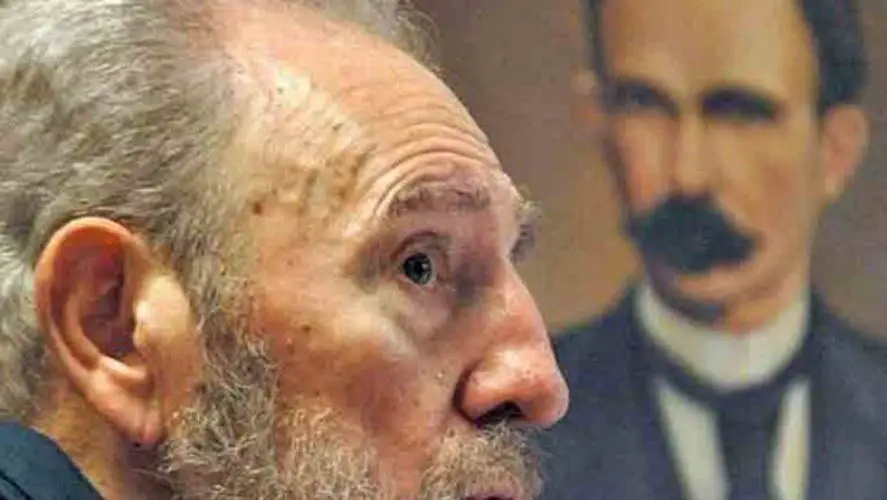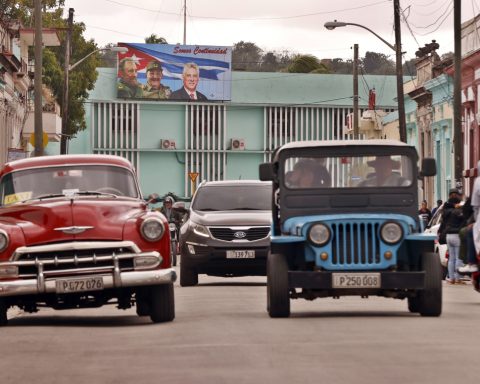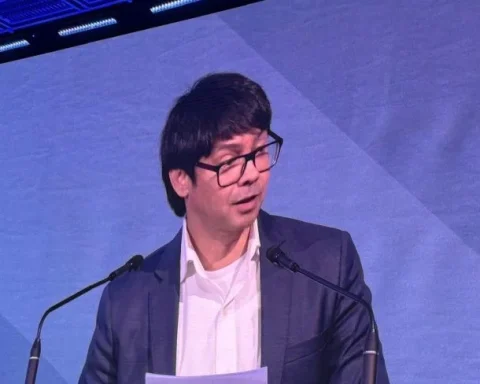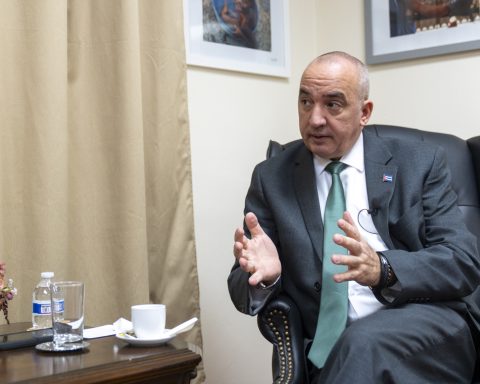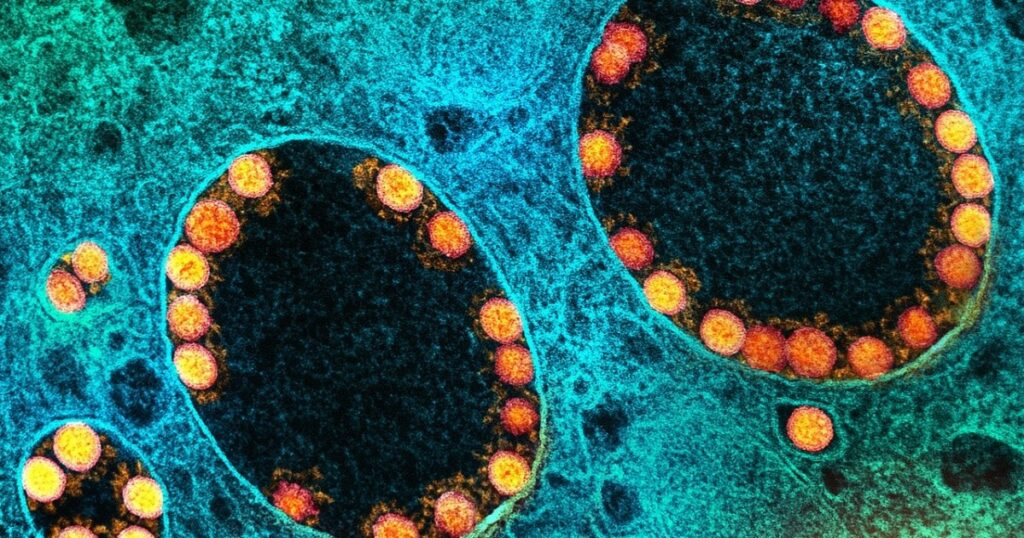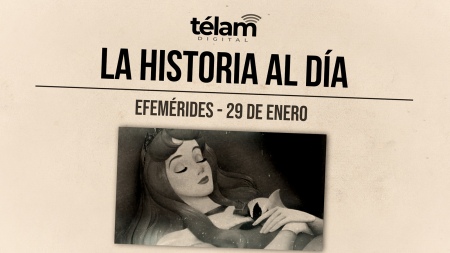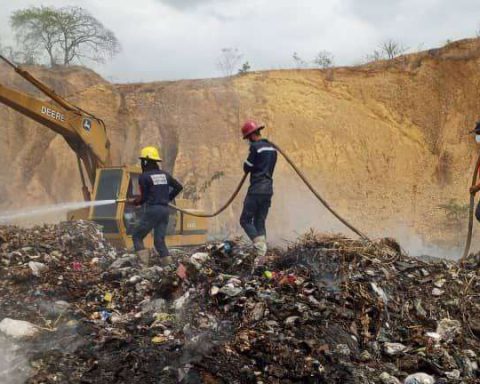LAS TUNAS, Cuba. — This Saturday, the 170th anniversary of the birth in Havana on January 28, 1853 of José Martí, lawyer, journalist, diplomat, philosopher, Apostle of our independence, who died in combat at the age of 42 in Dos Ríos, Oriente, is commemorated. on May 19, 1895.
For his independence ideas —like so many young Cubans these days— Martí was sentenced to six years in prison. He would enter the political prison at the age of 17, on April 4, 1870, but the forced labor would break his health, and due to family and friends efforts, he was pardoned on September 26 of the same year and exiled.
According to Jorge Mañach in the biography Marti, the Apostle, Don Mariano, Martí’s father, a Valencian, would have a certain tendency towards anger, which would make him resort to physical violence to repress his son’s participation in the fight against Spanish colonialism; difficult parental relationship that would not be the case with her mother, Mrs. Leonor Pérez, who would instill in her values and affections, the humanism of which she would display, guided by whoever was her mentor: the lawyer, teacher and humanist Rafael María de Mendive .
Martí lived most of his life outside of Cuba. At the age of 18, in exile, he arrived in Spain in 1871, where he published The political prison in Cuba, a legal allegation against Spanish domination. Taking advantage in May 1871 of a free education curriculum that, without completing high school, allowed him to enroll Law and Philosophy at the Central University of Madrid, already residing in Zaragoza he would graduate with a degree in Civil and Canon Law, and in Philosophy and Letters, in 1874, at the age of 21. He would live in Mexico between 1875 and 1876, in Guatemala from 1877 and in the United States from 1880 to 1895. It was in the latter country where he wrote most of his work and organized the War of Independence.
But it was at the University of Zaragoza, in 1874, when Martí showed his unrestricted humanist vocation, which he would invest in all his thought, for the natural and imprescriptible rights of all human beings. Even so, Martí’s human, legal and political thought has been manipulated by Castro-communism, long before the Castroites proclaimed themselves Marxists, starting with Fidel Castro, who, in his self-defense for the assault on the Moncada barracks, attributed Martí as the author. intellectual of the attack, committed at night and treachery, wearing the same uniforms as those attacked, unimaginable perfidy in the Apostle.
At the height of the national brainwashing carried out by the regime, Castro-communists who falsify history have come to say that, had he lived in our time, Martí would have been a communist, a convinced socialist. But that hoax falls apart on its own, and I am not only going to cite the phrase that refutes it, but also the context in which it was written, in New York, in May 1894, a year before he died in Dos Ríos, when he wrote to their friend Fermin Valdes Dominguezsuggesting that “explaining will be our job, smooth and deep”, with respect to those who seek a little more cordial order, and essential balance in the administration of the things of this world, stating:
“An aspiration must be judged by what is noble: and not by this or that wart that human passion puts on it. The socialist idea has two dangers, like so many others: -that of foreign, confused and incomplete readings- and that of the arrogance and concealed rage of the ambitious, who to rise up in the world begin by pretending, to have shoulders to stand on. , frantic defenders of the homeless”.
Such ambitious, according to Martí in that letter to Valdés Domínguez —which can be read in volume 3, page 168, of the Complete Works—, those of “disguised pride and rage” who pretend to be “defenders of the helpless” we see them at night and day on television, as a portrait of the Castro-Communist regime and its leaders and officials, and as some go, according to the Apostle, as “beggars” and how, according to him, he saw them already in his time, others go from “energúmenos to chamberlains”. ”. That is the socialism that Martí perceived and now they try to stuff him.
Castro-communism has segregated and continues to segregate Cubans because of their ideas and their condition as islanders, as in its day apartheid He marginalized South Africans because of the color of their skin. Thus, he prohibited staying in hotels for foreigners and organizing companies only for foreigners; And, at the height of their baseness, the Castroites, taking over Cuba, affirm “the streets belong to the revolutionaries” and “the universities are for the revolutionaries”, and from them they throw out those they call “counterrevolutionaries”. And that is the Cuba that Martí wanted? Not! And there are his words, which, by necessity, legally speaking, I will quote in extensoas pronounced in commemoration of October 10, 1868, in Hardman Hall, New York, on October 10, 1889, as it appears in volume 4 of the Complete Works, Editorial Nacional de Cuba, Havana 1963. Martí says:
“The homeland is happiness for all, and sorrow for all, and heaven for all, and I do not feud or chaplaincy of anyone; and the public things in which a group or party of Cubans put their hands with the same indisputable right with which we put them, are not theirs alone, and of privileged property, by virtue subtle and contrary to nature, but as much ours as theirs Therefore, when the hands are not well placed, there is a full right to remove their hands from the country.”
So it is worth asking: If it is said to be from Martí, how has the Communist Party become a monopoly of lives and estates and an alleged maker of intangible justice? How does it turn criminals into criminals and penalize those who have “the full right to take their hands off the country” making it a barren land?
In the speech given in honor of Fermín Valdés Domínguez at Jaeger’s Hall, New York, on February 24, 1894, Martí said: “A people diminishes when it does not have self-confidence: it grows when an honorable event shows it that his heart is still whole and clean”, and this is what happened on July 11, 2021 in Cuba, the peaceful civic protest, “an honest event”, tried to demonstrate that Cubans, diminished by more than half a century of dictatorship, still had “whole and clean of heart”, but the regime crushed them, with police and mobs and jail, because Cubans with a clean heart are a danger to the dictatorship.
Yes. The communists, there will be honest ones, but I don’t see them, and the visible ones are panists, playboys, utilitarian careerists, and as a result they have made Cuba a vain land, not like the one José Martí wanted and said so: “ Wide is the uncultivated land of Cuba, and clear is the justice of opening it to those who use it, and avoiding it from those who will not use it; and with a good land system, easy in the initiation of a surplus country, Cuba will have a house for many good men, balance for social problems, and roots for a Republic that, more than disputes and names, should be business and of job”.
But Cuba today is not one of “company and work”, but of “disputes and names” that are making it more and more miserable with their empty speeches. Then… Castro-Communist gentlemen, say anything, except that you are Marti, because not even Vindication of Cubathat fiery defense of Martí to the Cubans, you don’t even fit in.
OPINION ARTICLE
The opinions expressed in this article are the sole responsibility of the person who issues them and do not necessarily represent the opinion of CubaNet.
